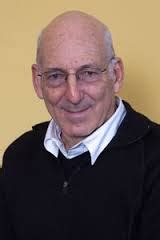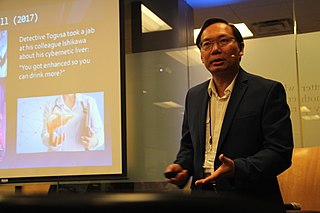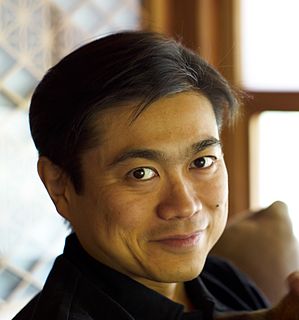A Quote by Bret Stephens
The intelligent defense of free speech should not rest on the notion that we must tolerate every form of speech, no matter how offensive. It's that we should lean toward greater tolerance for speech we dislike, and reserve our harshest penalties only for the worst offenders.
Related Quotes
The radicals...want speech regulated by codes that proscribe certain language. They see free speech as at best a delusion, at worst a threat to the welfare of minorities and women....The most obvious (and cynical) explanation for the switched positions is the switched situations. Protesting students became established professors and administrators. For outsiders, free speech is bread and butter; for insiders, indigestion. To the new academics, unregulated free speech spells trouble.
In liberal society we claim that freedom of speech is sacred and therefore has an absolute character. But we know (or should know) that "free speech" inhabits a structured space: not only is "hate speech" legally forbidden in liberal societies, but there are also laws protecting the circulation of copyrighted material, and the reproduction of trademarks and patents without explicit permission.
Without free speech no search for Truth is possible; without free speech no discovery of Truth is useful; without free speech progress is checked, and the nations no longer march forward towards the nobler life which the future holds for man. Better a thousandfold abuse of free speech than denial of free speech. The abuse dies in a day; but the denial stays the life of the people and entombs the hope of the race.

































